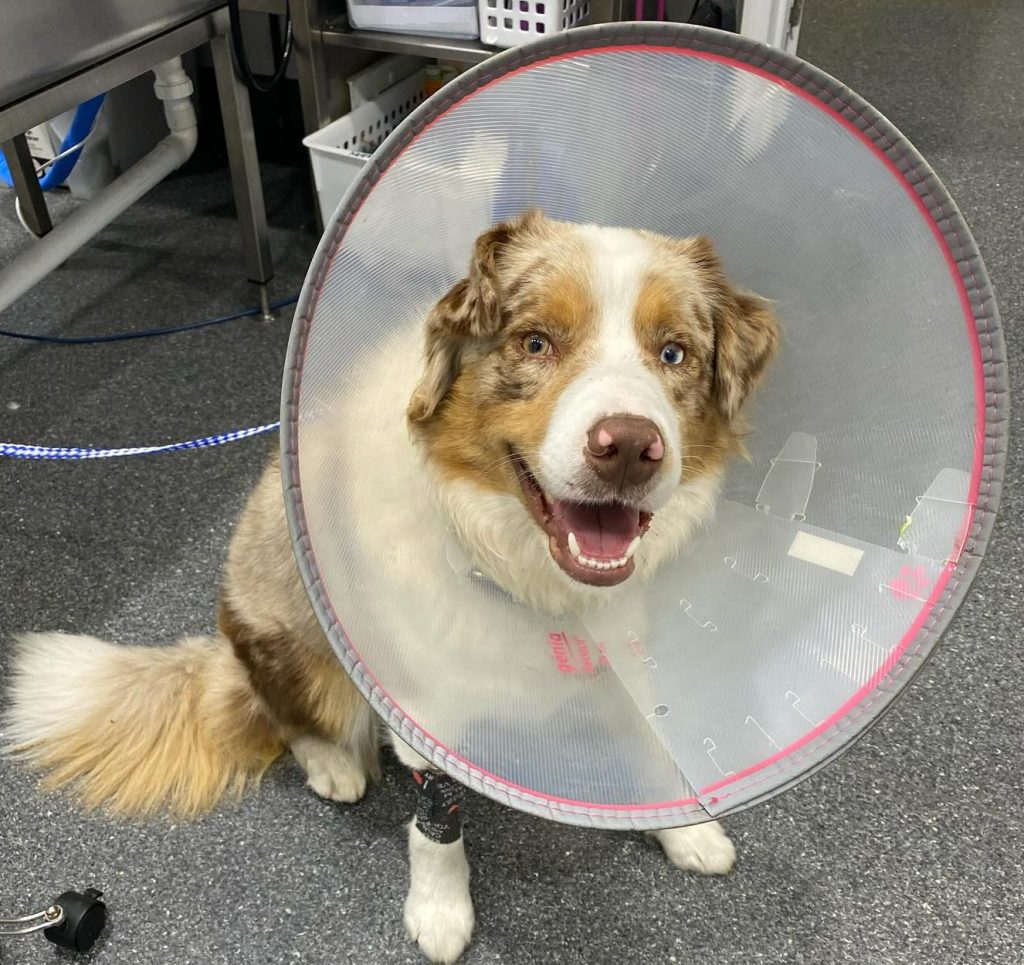Desexing.

From 1st July 2018, it is now law in South Australia that all dogs and cats not registered for breeding need to be desexed by 6 months of age. (There are a few very specific medical or health reasons, where a veterinarian can provide documentation to support the reason for an individual pet to remain entire)
Regardless of this, there are compelling reasons for having your dog or cat de-sexed. Quite apart from potential health risks, it also reduces the potential for unwanted puppies and kittens. Animal shelters constantly battle with huge numbers of unwanted puppies and kittens and put literally thousands of animals to sleep every year. In modern western society, it is our responsibility to do our bit to limit the unwanted births of puppies and kittens.
The benefits.
Reduced Risk of Injuries: Desexing reduces the urge of male dogs to roam and seek out females in heat, thus decreasing the likelihood of injuries from escaping or climbing fences.
Lower Incidence of Health Problems: Desexed male dogs are less prone to various health issues such as prostate disease and testicular cancer, leading to a healthier and longer life. Entire female dogs face a higher risk of developing breast cancer and potentially fatal uterine infections like pyometron, which can be significantly reduced through desexing.
Improved Odour Control: Desexing helps reduce urine odour, contributing to a fresher environment in your home and surroundings.
No Scientific Basis for Reproduction Benefits: Contrary to common beliefs, there is no scientific evidence supporting the idea that allowing female dogs to have litters or experience their first heat cycle benefits their well-being.
Prioritise Health and Well-being: Delaying desexing puts your dog’s health and overall well-being at risk, emphasising the importance of timely intervention for their long-term health.
Reduced Wandering and Fighting: Desexed male and female cats tend to wander less compared to their entire counterparts, decreasing the likelihood of injuries from fights, abscesses, and the transmission of potentially fatal viral diseases like FIV (Feline Immunodeficiency Virus).
Decreased Vocalisation and Distress: Female cats in heat can exhibit intense vocalisation and distress until they mate, leading to increased wandering behaviour. Desexing helps alleviate this distress and reduces the likelihood of wandering during heat cycles, thereby minimising the risk of fights and injuries.
Less Urine Spraying and Odour: Desexing, particularly in male cats, greatly reduces urine spraying behaviour and associated odour, leading to a more pleasant living environment for both cats and their owners.
Prioritise Health and Well-being: Postponing desexing of your growing kitten increases the risk of health issues and jeopardises not only their well-being but also the health and safety of other cats in the community. Taking timely action ensures the overall health and harmony of your feline companions.
